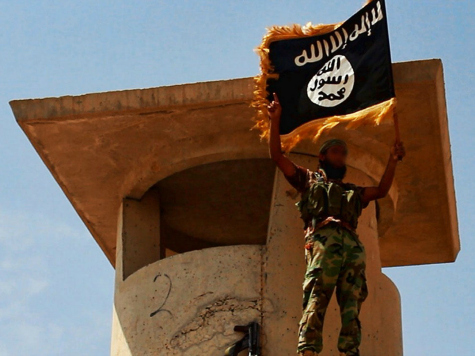Numerous reports have surfaced that, in addition to selling oil and Yazidi sex slaves on the black market, the Islamic State terrorist group has begun selling the organs of young, dead jihadis and assorted captives to generate more income for weapons.
While none of the reports have been confirmed by mainstream news outlets, and most are the product of claims by secret “sources” within Iraq, their claims are frightening and in line with much of the Islamic State’s behavior. The International Business Times reports that the organ harvesting ring is reportedly being run out of Mosul, where ISIS run the local hospital and many reports confirm they force doctors there to practice on wounded jihadists and Yazidi women who the group hopes to sell or marry off, but have been “damaged” during capture.
The IBT cites Al Monitor, a pan-Arab publication, which in turn names otolaryngologist Siruwan al-Mosuli as the source leaking information about organ harvesting. As the surname “al-Mosuli” just means “person from Mosul,” it is highly likely the name is a pseudonym. Al-Mosuli allegedly reported that “unusual movements” within hospitals and clinics in Mosul, including keeping local doctors at a distance from imported surgeons, had made doctors suspect organ harvesting had begun occurring. Al Monitor reports that “surgeries take place within a hospital and organs are quickly transported through networks specialized in trafficking human organs. Mosuli said that the organs come from fallen fighters who were quickly transported to the hospital, injured people who were abandoned or individuals who were kidnapped.”
Jihadist rebels in the Iraq-Syria area have long been accused of organ harvesting. As early as January of this year, website Vocativ ran a report on the use of desperate Syrian refugees for illegal organ trafficking. That racket appeared to be run by Lebanese “hustlers” who merely connected poor refugees to a network that arranged for buyers of the organs. The report did not indicate who the higher-level individuals in the business could be, and it appeared to be run mostly out of Lebanon. But the supply of organs to sell on the part of impoverished refugees appeared to be high. The organ trafficker Vocativ interviewed estimated “no more than 200” cases of Syrians selling their organs; by March, Iranian news outlet Al-Alam cited an expert claiming 18,000 such cases.
Unlike in the cases of selling oil or sex trafficking, the Islamic State has not remarked publicly in any form on the claims regarding organ harvesting, which triggers some skepticism. ISIS jihadists released a video last month clearly depicting a Yazidi slave auction, in which the jihadis participating show no attempt to hide the practice.

COMMENTS
Please let us know if you're having issues with commenting.